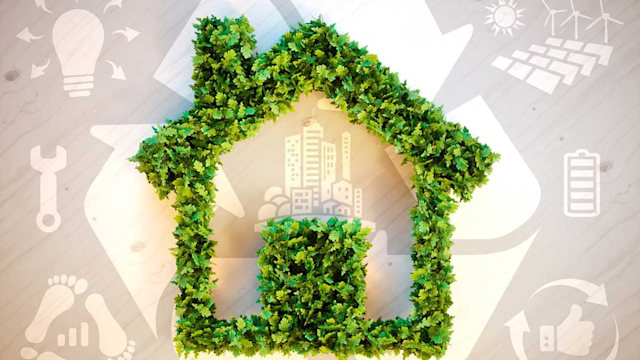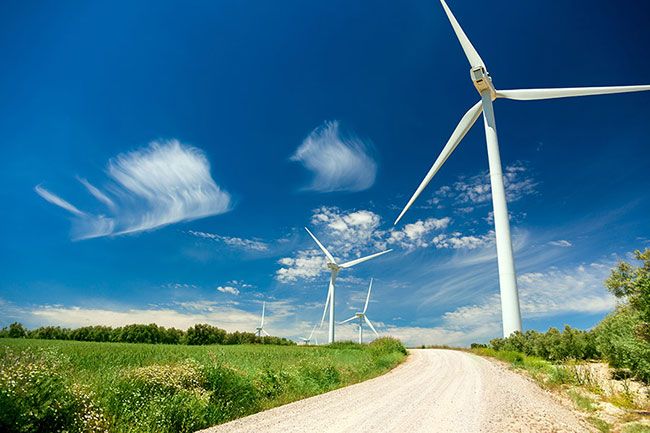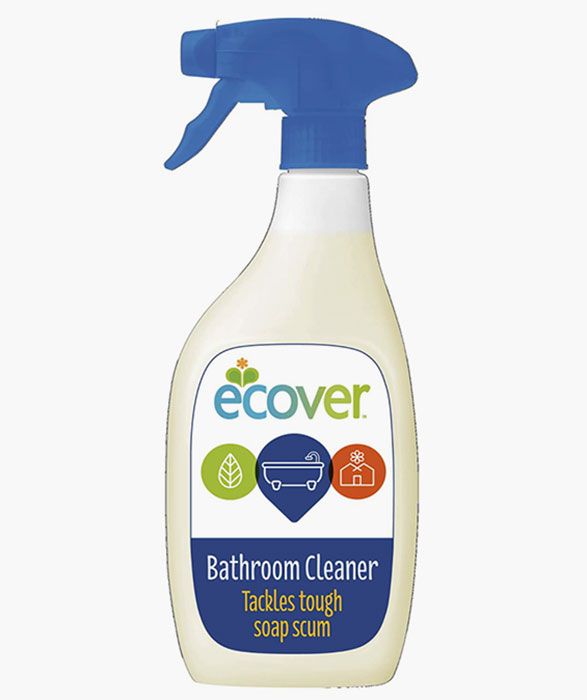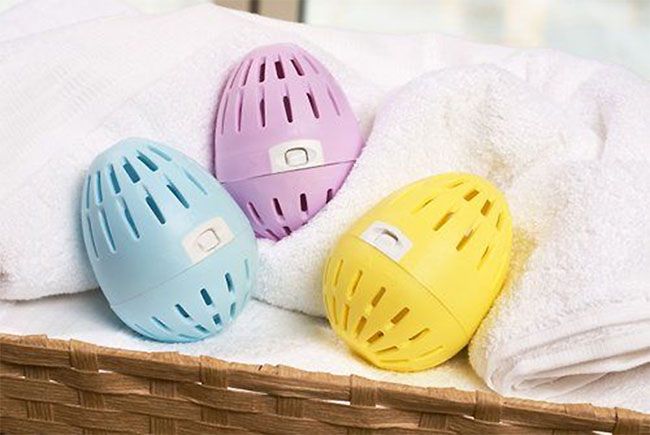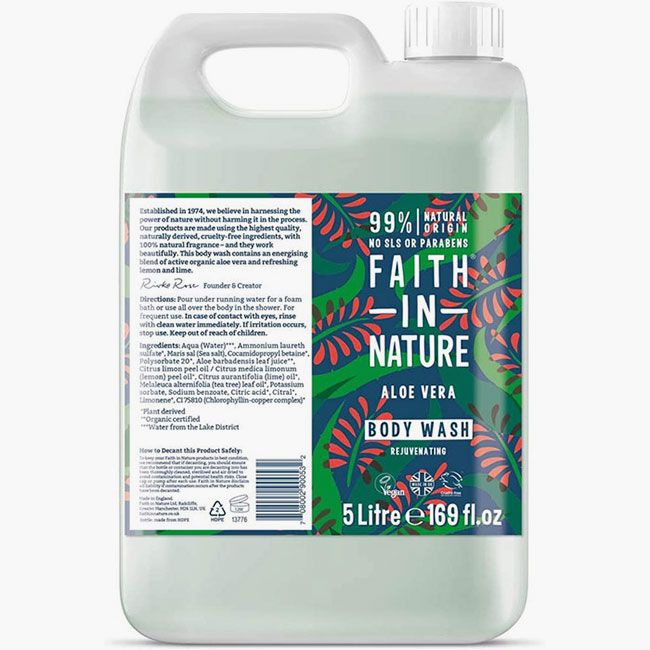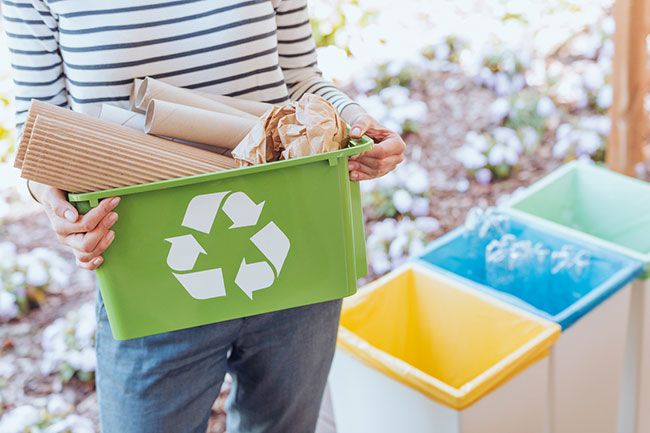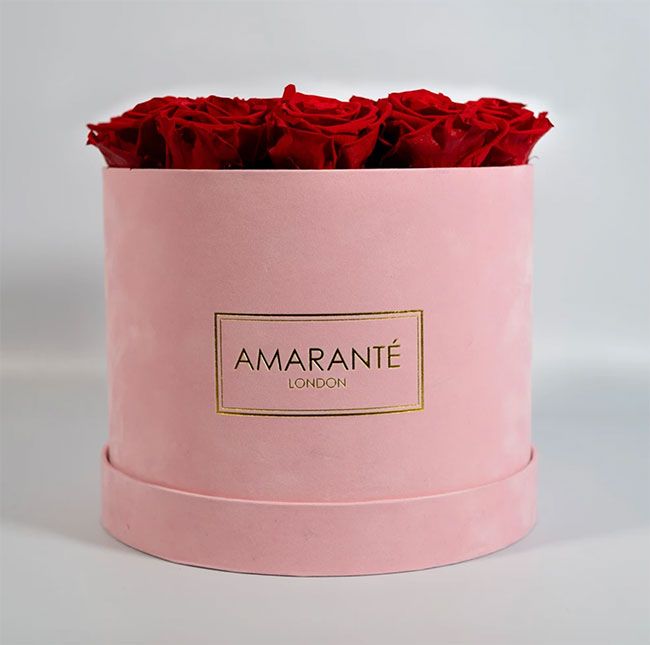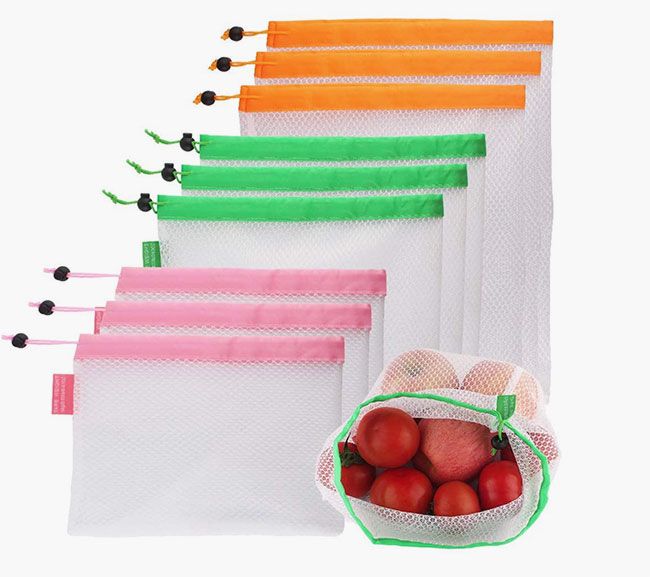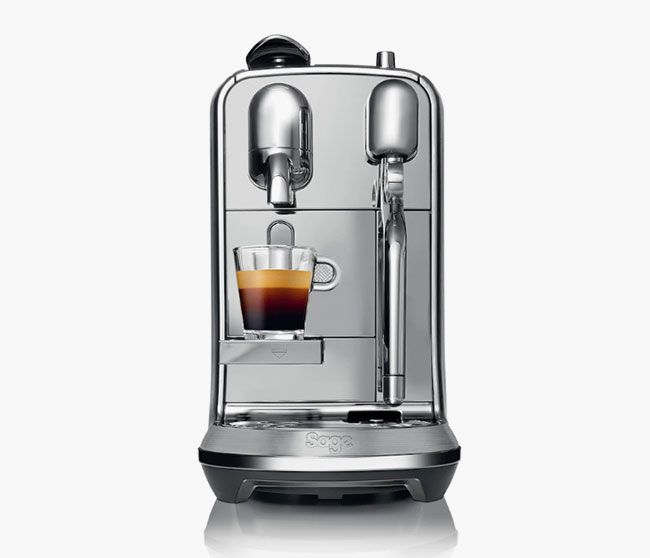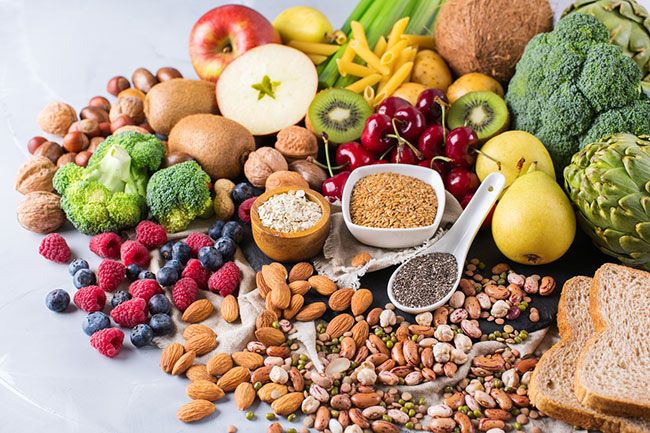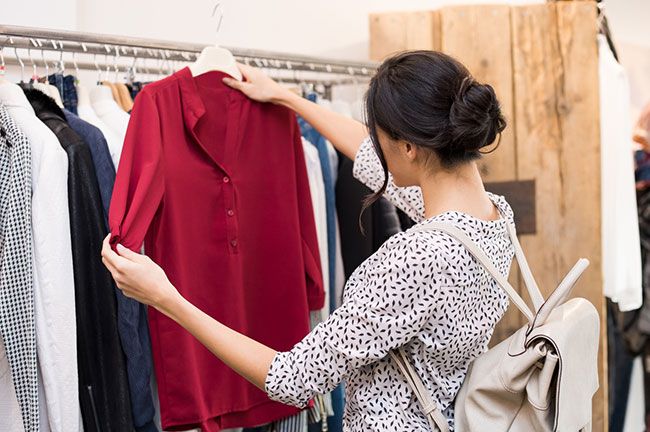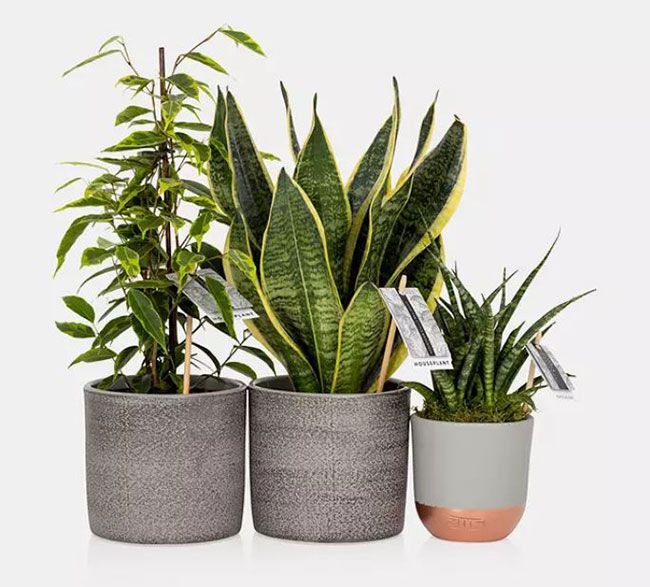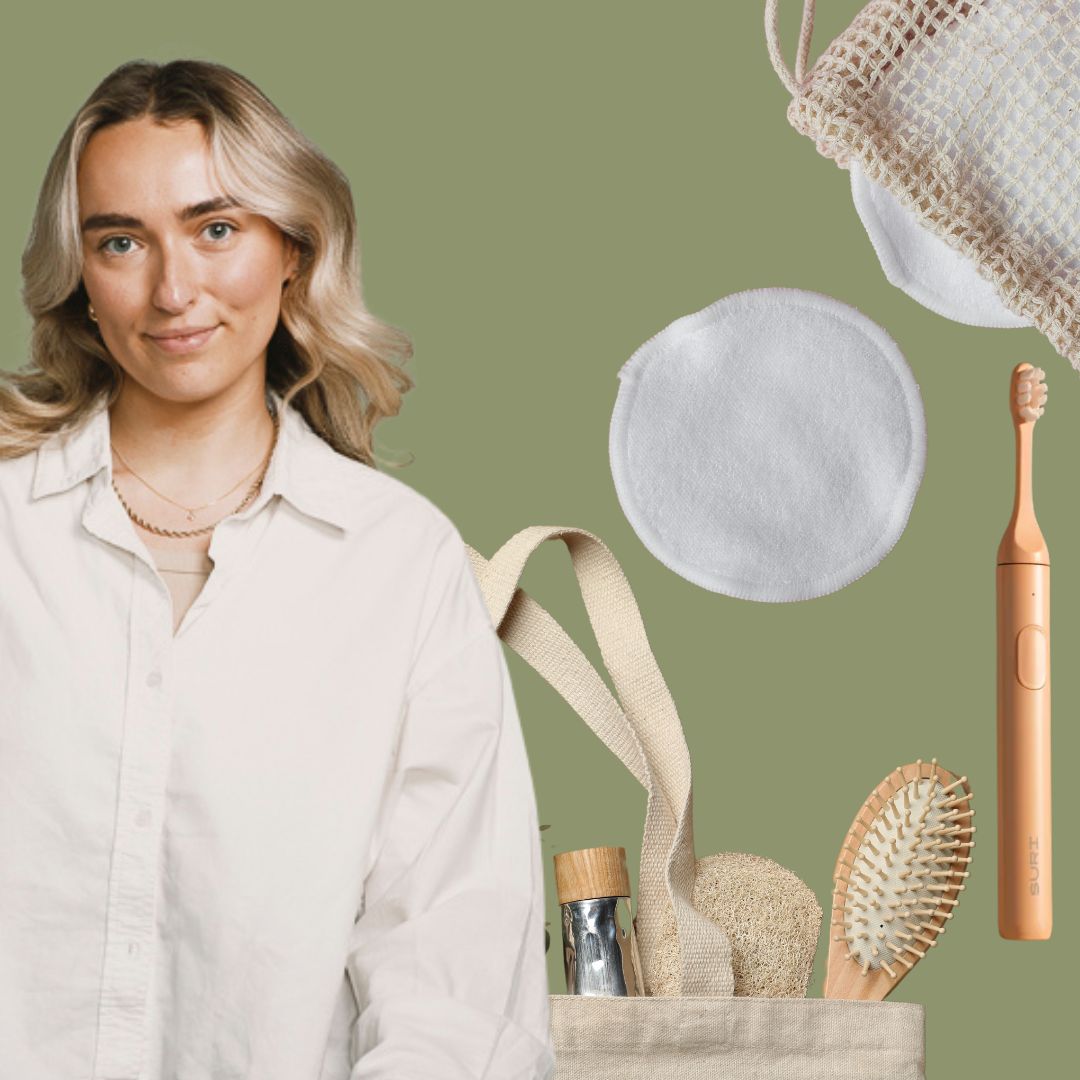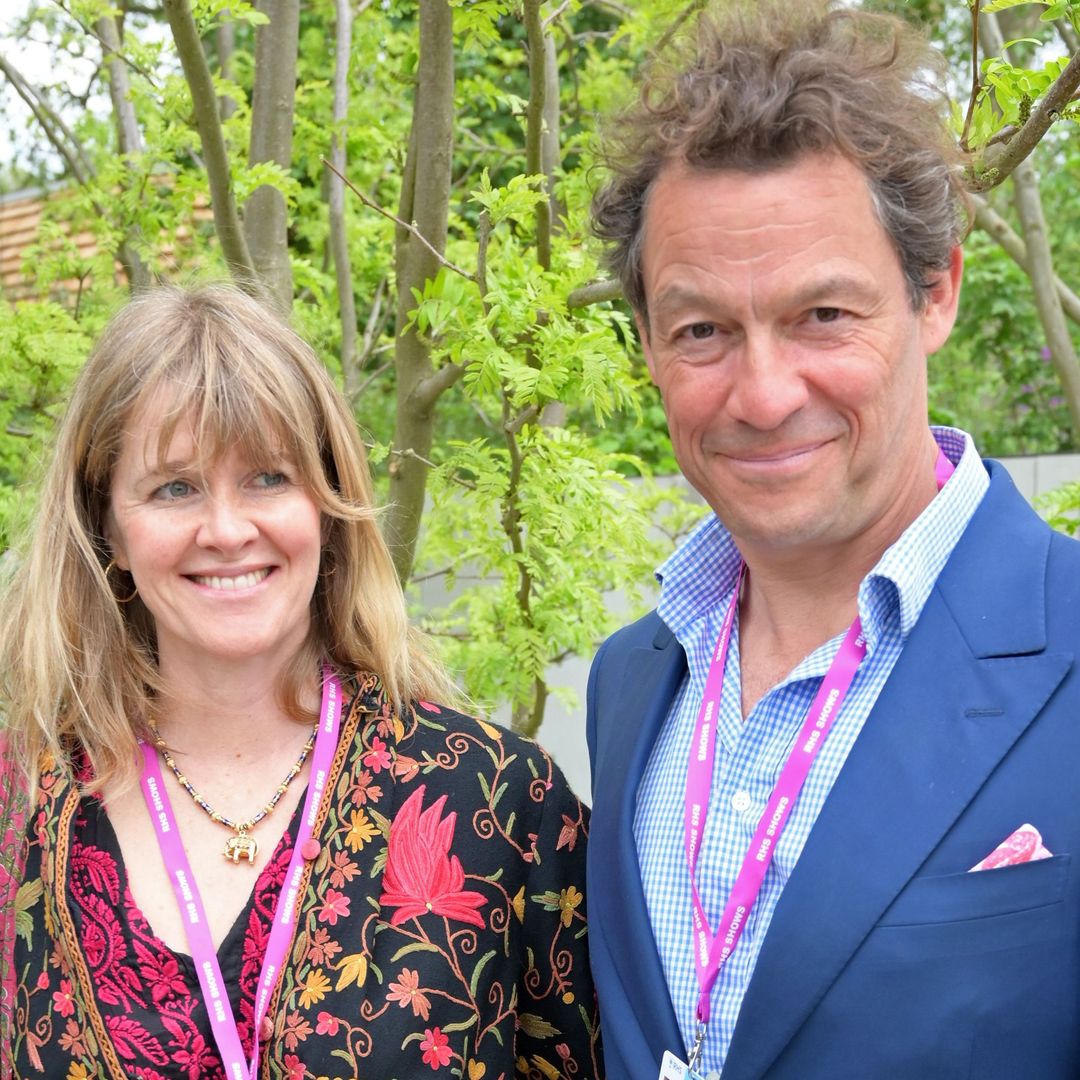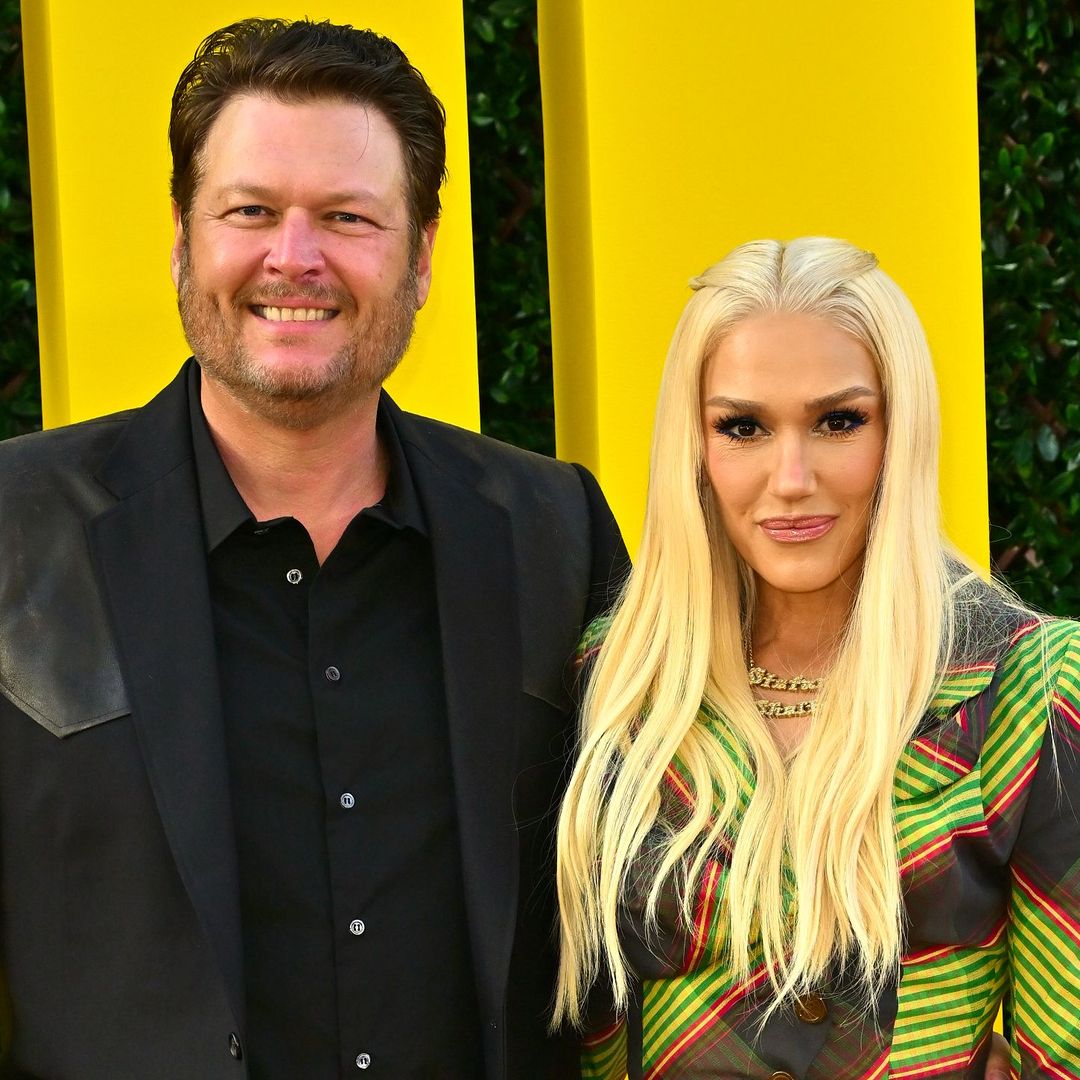Green living has become a big priority in recent years, with many of us swapping single-use plastics in favour of more sustainable alternatives, and never leaving the house without a reusable shopper or coffee cup.
However, there is still so much more that can be done – particularly around the home – and it doesn't take much effort or expense. Here are just a few easy ways to make your home more eco-friendly, and you may find they save you money in the process…
1. Switch energy suppliers
Choosing a green energy supplier can be one of the most effective ways to make your home more environmentally friendly. Bulb, Octopus Energy and Green Energy UK are just three suppliers you could choose from, meanwhile, most of the Big Six energy companies – including Npower and British Gas – also have green electricity tariffs. Get a quote at MoneySupermarket.com.
READ: 7 ways to make your wardrobe more sustainable
2. Use natural beauty and cleaning products
They may cost a little more, but natural beauty and cleaning products are well worth the extra expense. Not only will they reduce your exposure to potentially harmful chemicals (do you really know what you're putting on your skin?), but it also means less chemicals will get into our water supply too. Ecover is a great choice for cleaning products made from plant-based and mineral products, which are as effective as they are eco-friendly, and are available in many leading supermarkets.
Ecover bathroom cleaner, £6.41, Amazon
SHOP NOW
MORE: 6 tips for a more sustainable skincare routine
3. Make your laundry more eco-friendly with an EcoEgg
Lasting for up to 720 washes – three years of washing for the average family – an Ecoegg laundry egg is a must-have if you're looking for an eco-friendly and cost-effective alternative to laundry detergent. The shell is filled with natural cleaning pellets that completely replace your normal washing detergent, with no other liquids or powder required.
Ecoegg Fresh Linen 720 washes, £32.77, Amazon
SHOP NOW
RELATED: 5 eco-friendly companies helping you to live more sustainably
4. Bulk buy cleaning products and toiletries
While the initial outlay will be bigger than normal, by buying cleaning products and toiletries in bulk you can reduce your plastic waste and likely save money over the course of several months.
Faith in Nature 5 litre body wash, £42.99, Amazon
SHOP NOW
5. Recycle
Each household in the UK produces more than one tonne of rubbish each year, yet it is reported that less than half of plastic packaging consumed by households is collected for recycling – leaving as much as 800,000 tonnes ending up in landfill.
Make an effort to check the labels of all the products you buy, ensuring they are disposed of correctly. While it may take a little more effort than simply throwing it away, you will find that many soft plastics can now be recycled at larger supermarkets, while schemes like TerraCycle can take everything from laundry products to water filters. Find out how to recycle beauty products here.
MORE: Holland and Barrett's sustainable alternatives to sheet masks will save your skin
6. Reduce food waste
According to Recycle More, 6.6 million tonnes of food waste comes from our homes in the UK each year, of which 4.5 million is food that could have been eaten. This equates to around eight meals per household per week, and is something that can easily be avoided with more planning, batch cooking and making better use of your freezer.
The Batch Lady's freezer storage hacks will not only help you to reduce food waste in your home, but also save money too. Win-win.
RELATED: 5 ways to be kinder to the planet
7. Buy sustainable homeware
You can still give your interiors a stylish and sustainable update thanks to collections such as H&M's Conscious range, where you can find everything from cushions to furniture that doesn't cost the earth. One of our favourite picks is this rattan and FSC-certified Acacia wood chair, which would make a stylish addition to your living room or hallway.
H&M Conscious low lounge chair, £249.99, H&M
SHOP NOW
There's no better way to brighten up your home than with a bunch of beautiful blooms but did you know that rose farming is incredibly harmful to the environment? Creating a sustainable solution, Amaranté's Infinity Roses have been specially preserved to last as long as three years, with no maintenance or watering required – yes, really. Ethically sourced and leaving the smallest possible carbon footprint, just imagine how much money you'll save on flowers across the entire year!
Large Infinity Roses Hatbox, £200, Amaranté
SHOP NOW
8. Take reusable bags to the supermarket
The introduction of the plastic carrier bag charge saw their use drop dramatically, but there is still more that can be done. As well as carrying a reusable tote bag when you go out to the shops, you could also invest in some mesh produce bags to store fruit and veg rather than in the store's plastic bags.
Reusable mesh produce bags, £10.99, Amazon
SHOP NOW
9. Invest in a decent coffee machine and reusable cup
If you find yourself spending a fortune on coffee at Starbucks or Costa each month, save cash – and those disposable cups – by investing in a decent coffee machine and a reusable cup. This Nespresso Creatista Sage machine has three coffee volume settings and eight milk froth settings, so whether you're a latte lover or can't go without a cappuccino, you'll never look back.
Nespresso Creatista Sage coffee machine, £328.94, Amazon
SHOP NOW
10. Eat less meat
Research led by Oxford Martin School has found that widespread adoption of a vegetarian diet would cut food-related greenhouse gas emissions and help people become healthier too. While you don't need to cut out meat completely, even cutting down on your intake or following a plant-based diet one day a week would still help to reduce your carbon footprint.
11. Only buy what you need
A life mantra we should all live by. Whether you're shopping in your local supermarket or making another impulse purchase on the high street, only buying the things we need can help to prevent food waste and slow the staggering amount of clothes that end up in landfill each year (some 300,000 tonnes of clothing were binned in the UK in 2016 alone). Your bank balance will be better for it, too!
12. Buy a house plant
Yes, it really is as simple as that! A recent study found that having a leafy plant in your house can help to absorb harmful volatile organic compounds (or VOCs - one of the main categories of pollutant gases). The most effective is the bromeliad, which removes over 80 per cent of nasties in the air - luckily, they look pretty too. Snake plants are another great option for keeping the air fresh in your home.
Purifying Plant Bundle, £55.00, John Lewis
SHOP NOW
HELLO!'s selection is editorial and independently chosen – we only feature items our editors love and approve of. HELLO! may collect a share of sales or other compensation from the links on this page. To find out more visit our FAQ page.
